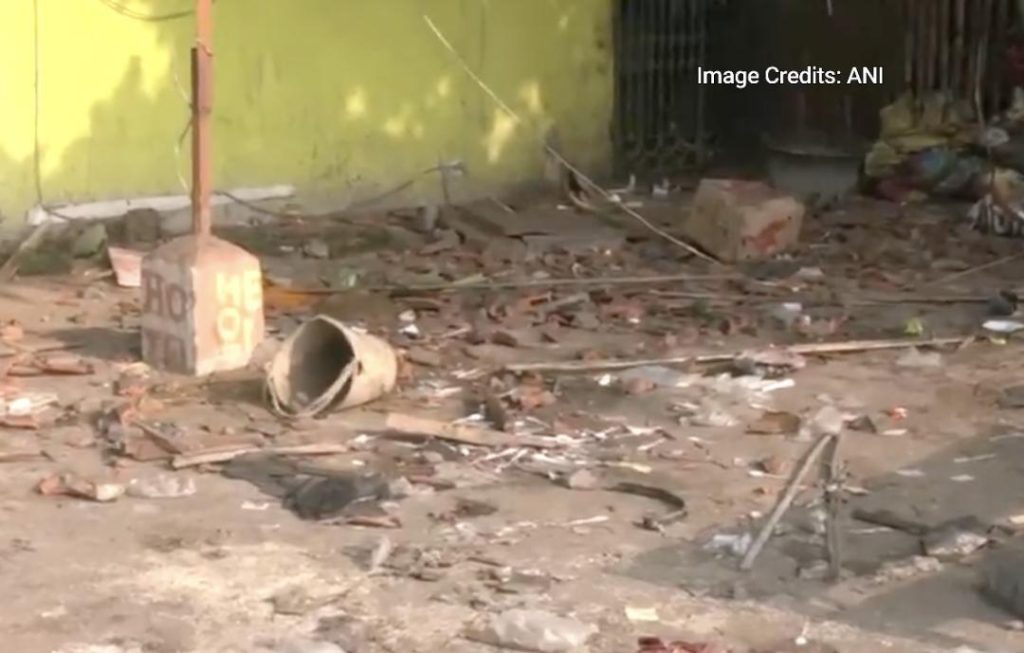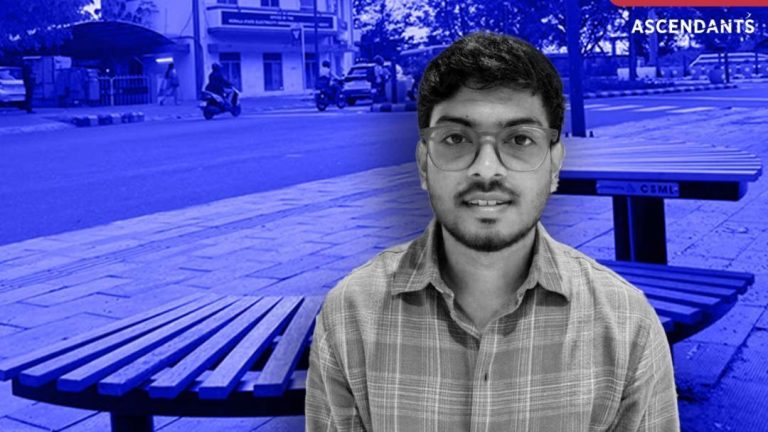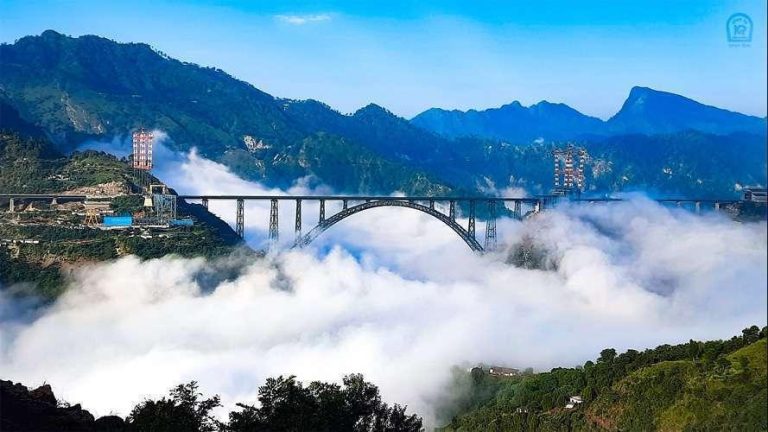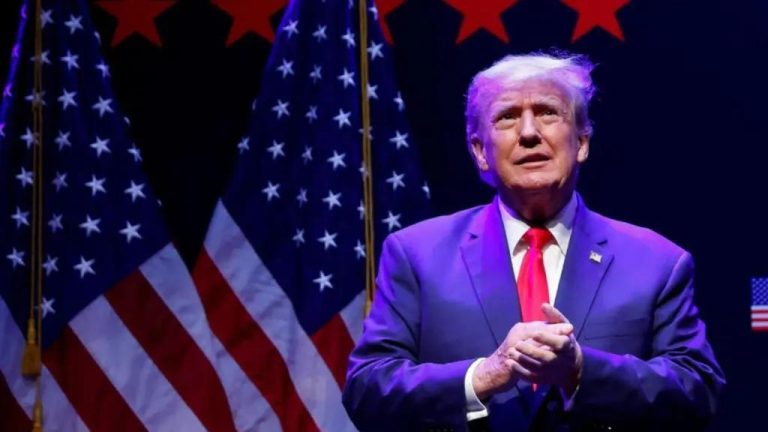
5,000 Disrupt Services & Pelt Stones at Bengal Railway Station During Protest Against Waqf Act
West Bengal has been witnessing protests against the Waqf Act, with the latest incident taking place at Dhulianganga railway station, where thousands of people gathered to express their dissent. The Eastern Railways reported that nearly 5,000 people disrupted train services near the station on Friday, affecting the movement of the Kamakhya-Puri Express.
The protests, which were peaceful until 1 pm, took a violent turn as the mob gathered and started pelting stones at the railway station. The incident was witnessed by eyewitnesses, who claimed that the crowd was large and destructive. “Many things were destroyed, and the signal couldn’t be passed,” said a railway guard, who was present at the scene.
The protest, which was reportedly led by local Muslim organizations, was aimed at opposing the West Bengal Waqf Act, 2013. The Act, which was passed by the Left Front government, aimed to regulate the administration of Waqf properties in the state. However, the new government, led by the Trinamool Congress, has been accused of trying to amend the Act to suit their interests.
The protests, which have been ongoing for several days, have caused significant disruptions to normal life in the state. The Kamakhya-Puri Express, which is a popular train route, was delayed by several hours due to the protest. The delay caused inconvenience to hundreds of passengers, who were left stranded at the station.
The Eastern Railways has launched an investigation into the incident and has promised to take strict action against those responsible for the disruption. “We are looking into the matter and will take necessary action against those who were involved in the protest,” said a railway official.
The protests against the Waqf Act have been gaining momentum in recent days, with several organizations and political parties supporting the cause. The protesters claim that the Act is an attempt to take control of Waqf properties away from the Muslim community and hand it over to the government.
The West Bengal government, on the other hand, has denied the allegations and claimed that the Act is aimed at ensuring the proper administration of Waqf properties. “The Act is meant to ensure that Waqf properties are used for the benefit of the Muslim community,” said a government spokesperson.
The dispute over the Waqf Act has sparked heated debates and discussions in the state, with many calling for the government to repeal the Act. The protests, which are expected to continue in the coming days, have raised concerns about the potential consequences of the dispute.
As the situation in West Bengal continues to unfold, it remains to be seen how the government will address the concerns of the protesters and ensure that normalcy is restored to the state. In the meantime, the people of West Bengal are left to wonder if the protests will lead to a resolution of the dispute or further violence and disruption.






